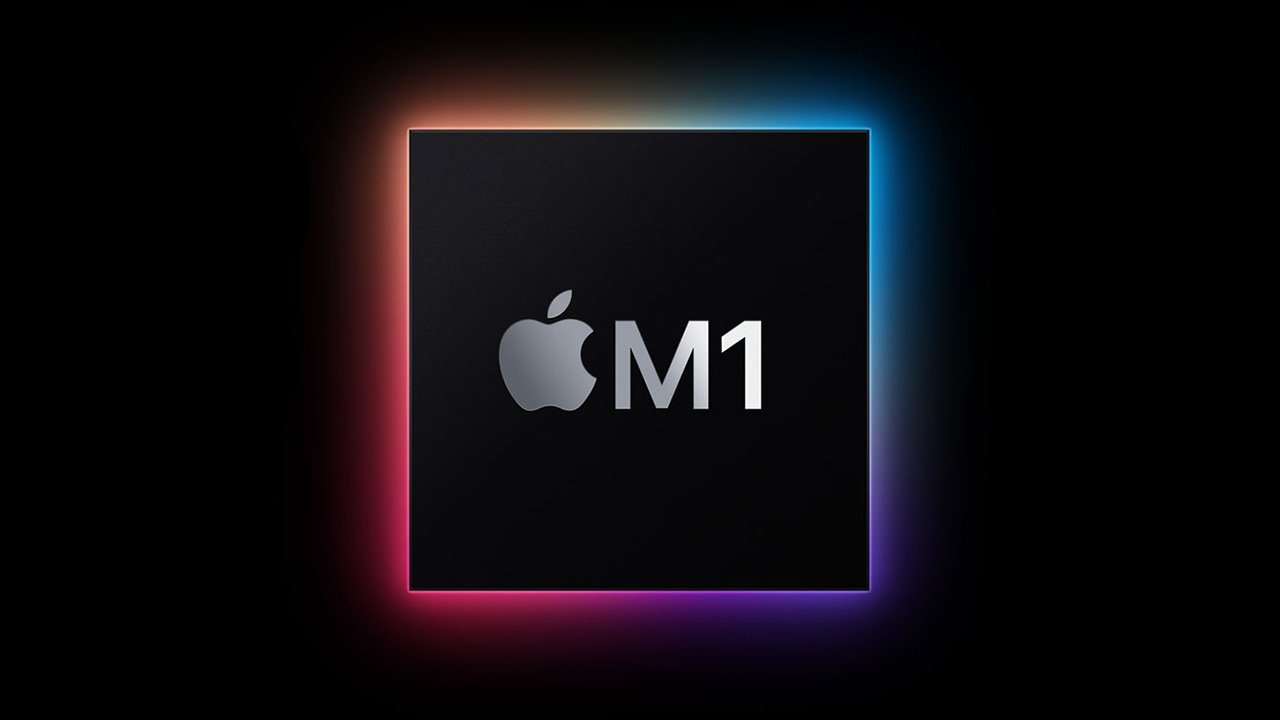The latest version of the Linux kernel, Linux 5.13, introduces support for Apple's M1 system-on-chip and is now available as a release candidate.
Apple M1 support was previously reported for Linux 5.13, though no release date was mentioned at the time. On Tuesday, however, Linux kernel principal developer Linus Torvalds announced that the release candidate version is now available for public testing.
Although security researchers have successfully booted Linux on Apple Silicon in the past, it required some fairly technical workarounds. With preliminary support in Linux 5.13, Linux distributions and systems will have a much easier time running on Apple's SoC.
In addition to the Apple Silicon support, Linux kernel 5.13 also introduces a slew of new and updated drivers and other under-the-hood improvements to the file system, architectures, tooling, and process handling, among other new updates.
According to 9to5Linux, the final version of Linux 5.13 should release to the public at the end of June or in early July. That depends on how many release candidates Torvalds decides to release during the development cycle.
The Linux kernel is an open source system kernel created by Torvalds in 1991. It forms the basis for a variety of Linux operating system distributions, and is also deployed in servers, mainframes, and on mobile devices. Android, for example, is based on a modified version of the kernel.
Stay on top of all Apple news right from your HomePod. Say, "Hey, Siri, play AppleInsider," and you'll get latest AppleInsider Podcast. Or ask your HomePod mini for "AppleInsider Daily" instead and you'll hear a fast update direct from our news team. And, if you're interested in Apple-centric home automation, say "Hey, Siri, play HomeKit Insider," and you'll be listening to our newest specialized podcast in moments.
 Mike Peterson
Mike Peterson








 Wesley Hilliard
Wesley Hilliard
 Christine McKee
Christine McKee
 Malcolm Owen
Malcolm Owen
 William Gallagher
William Gallagher
 Andrew Orr
Andrew Orr







-m.jpg)




8 Comments
very good news. I can buy the M1, M1X or M2 MBP soon!
I don’t understand why Apple doesn’t hire 1 measly person, let alone a tiny team, with their billions to help w Linux on the M platform. Maybe it’s an Intellectual property thing. I’m not an expert in this stuff.